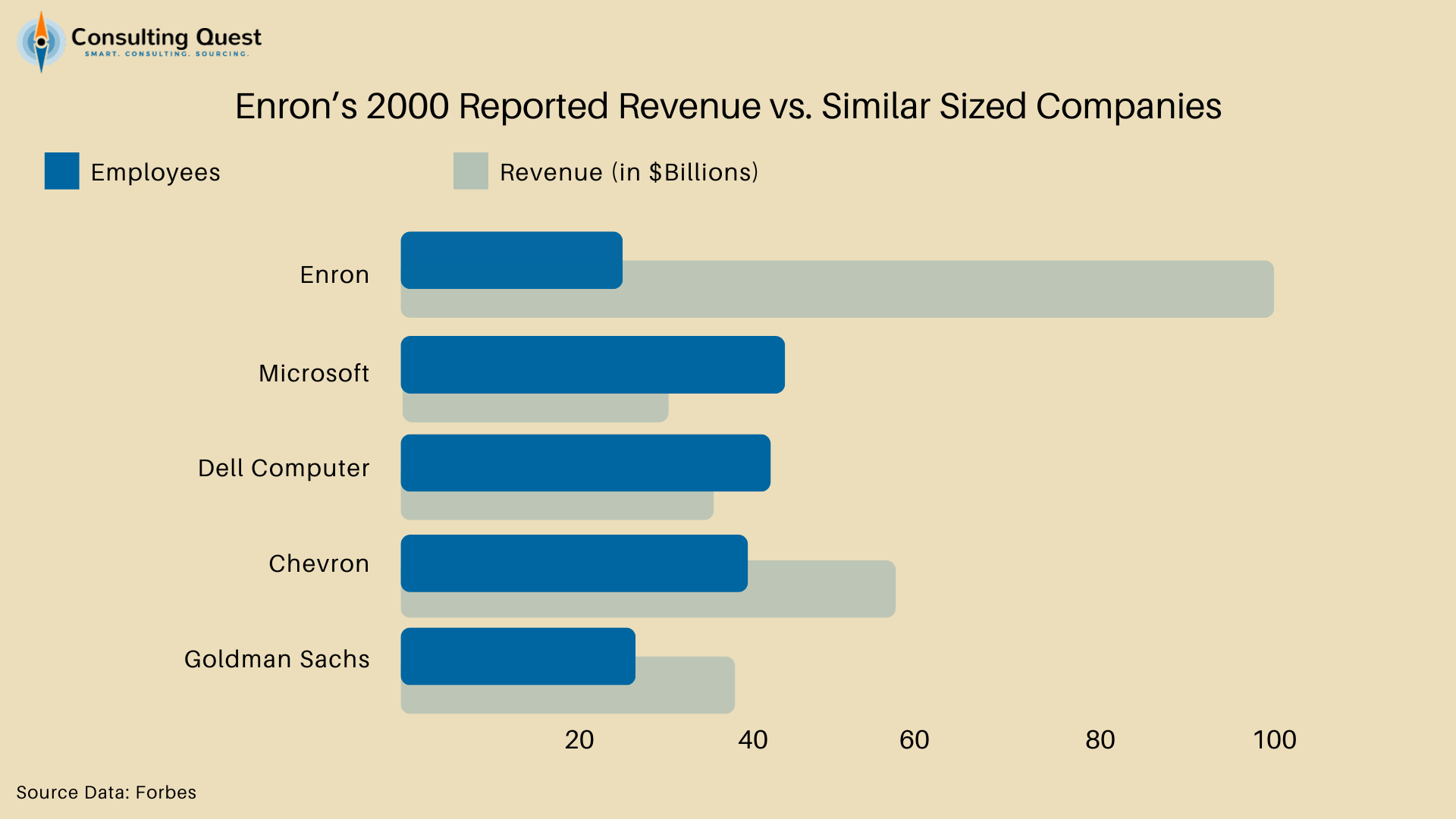In recent years, the role of consulting firms within the European Union (EU) has come under intense scrutiny. These firms wield significant influence over policy-making and regulatory frameworks, raising questions about their independence and potential conflicts of interest. As the EU navigates complex issues ranging from economic policies to environmental regulations, the impartiality of these consulting entities becomes crucial. This article delves into the contentious issue of conflict of interest in EU consulting firms, exploring whether they are truly independent or if their allegiances lie elsewhere.
Investigating Independence: EU Consulting Firms Scrutinized
The independence of consulting firms operating within the EU is a subject of growing concern. These firms are often contracted by various EU institutions to provide expert advice, conduct impact assessments, and guide policy development. With their recommendations potentially shaping significant legislative outcomes, ensuring their independence is essential. However, questions arise when these firms also serve private sector clients whose interests may not align with public policy goals. The dual roles they play can lead to situations where their advice to the EU may be unduly influenced by their commercial interests.
One of the primary issues is the lack of transparency surrounding these consulting firms’ operations. While EU institutions are required to disclose contracts and agreements, the details of how these firms manage potential conflicts of interest are often opaque. The European Ombudsman has raised concerns about this lack of transparency, suggesting that it undermines public trust in the decision-making processes of the EU. Without clear guidelines and stringent oversight, the independence of these firms remains questionable, jeopardizing the integrity of the policies they help craft.
Moreover, the revolving door phenomenon—where individuals transition between roles in consulting firms and positions within EU institutions—exacerbates the problem. This movement can create an environment where personal relationships and past affiliations influence current advisory roles. Critics argue that this undermines the objective nature of the consulting work, as former colleagues and associates may have undue sway over policy recommendations. To address these concerns, stricter regulations and enhanced monitoring mechanisms are needed to ensure that consulting firms maintain a clear boundary between their public and private sector engagements.
The Conflict of Interest in EU Consulting: A Deep Dive
The issue of conflict of interest in EU consulting firms is multi-faceted, involving both structural and ethical dimensions. Structurally, the very business model of consulting firms—serving multiple clients across different sectors—creates inherent conflicts. When a firm advises both a regulatory body and a private company subject to that regulation, impartiality is compromised. This duality can lead to biased recommendations that favor the firm’s more lucrative private sector clients, rather than the public interest.
Ethically, consulting firms face the challenge of balancing their duty to provide unbiased advice with their commercial imperatives. The pressure to secure repeat business and maintain client satisfaction can lead firms to prioritize the interests of their private clients over those of the public sector. This ethical dilemma is compounded by the competitive nature of the consulting industry, where firms vie for contracts and are incentivized to align their recommendations with the preferences of their most profitable clients. Such practices can undermine the credibility of the consulting industry and erode public confidence in EU policy-making.
To mitigate these conflicts, several measures have been proposed. One approach is to implement stricter disclosure requirements for consulting firms, mandating the publication of potential conflicts of interest and the steps taken to address them. Another suggestion is to establish independent oversight bodies that can audit the work of these firms and ensure compliance with ethical standards. Additionally, imposing cooling-off periods for individuals transitioning between consulting firms and EU institutions could help reduce the influence of personal connections on policy advice. By adopting these measures, the EU can work towards ensuring that consulting firms operate with greater transparency and integrity.
The independence of consulting firms within the EU is a critical issue that demands closer examination and robust regulatory oversight. As these firms continue to play a pivotal role in shaping policies that impact millions, ensuring their impartiality and addressing potential conflicts of interest is paramount. Through increased transparency, stricter regulations, and independent oversight, the EU can safeguard the integrity of its decision-making processes. Only by tackling these challenges head-on can the EU maintain public trust and ensure that its policies serve the broader public good rather than narrow commercial interests.
